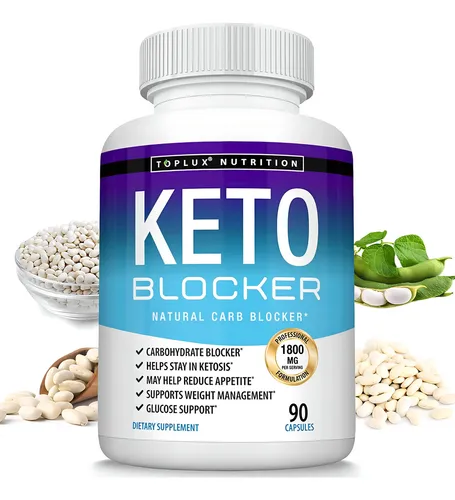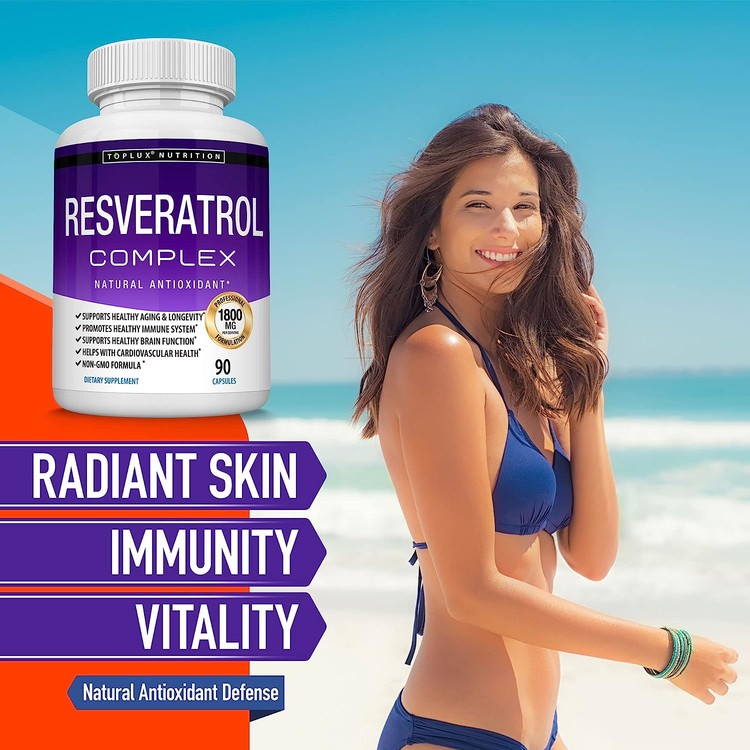The best supplements are essential to maintain good health. Here are 10 guidelines to help you choose the best supplements:
1. Look for Third Party Testing and Certification
Make sure you are looking for supplements that have been tested by independent labs such as:
USP (United States Pharmacopeia)
NSF International
ConsumerLab
Informed-Choice
The certificates are a proof of purity and effectiveness and also the absence of contaminants such as microbes, heavy metals or other harmful substances.
2. Check the ingredients list and the form of nutrients.
Some nutrients are better in the body than other nutrients.
Magnesium: Opt for citrate, glycinate or malate (avoid oxide as it is not well absorbable).
Vitamin D: Select cholecalciferol (D3) over Ergocalciferol (D2).
B12: Methylcobalamin is superior to the cyanocobalamin.
Avoid unnecessary fillers, like artificial colors, or titanium dioxide.
3. Check bioavailability
Certain supplements contain fat-soluble (such as omega-3s and vitamins E, D, A, K, and E). Look for:
You can take fat-soluble vitamins in softgel or liquid forms.
Minerals that are chelated or liposomal (e.g. iron bisglycinate) to improve absorption.
4. Beware of blends that contain unknown doses.
Certain supplements conceal ingredient amounts under "proprietary blends."
Find transparent brands with the exact amount of ingredients that are listed.
5. Reputation & Transparency Analysis of Brands
These brands are reliable.
Provide batch testing results.
Provide the source (e.g., wild fish oil or farmed).
Positive comments from medical professionals.
Avoid any brands with FDA warnings or recalls frequently occurring.
6. Check for Allergens & Additives
Do not:
Gluten, soy, dairy, or shellfish derivatives.
Artificial preservatives (BHT, BHA).
Be sure to check for certifications, like organic and non-GMO.
7. Verify Dosage & Safety
Consumption of excessive amounts of certain vitamin (e.g. Vitamin A, Iron and Vitamin D) may be toxic.
Check the % Daily Value (DV) Certain supplements are above safe levels.
Talk to your doctor for the best dose.
8. Pick active & methylated forms (especially for B vitamins)
MTHFR mutations are linked to the following benefits:
Methylfolate
Methyl-B12 (not cyanocobalamin)
They are bio-available and also aid in the process of methylation.
9. Think about sustainability and ethical purchasing
Fish oil: Pick MSC-certified (sustainable fishing).
To find herbal supplements, search for fair-trade, wild-harvested sources.
Products that do not contain palm oil (if eco-conscious).
10. Evaluate Expiration Dates & Storage Conditions
Do not use supplements that have expired. expiration dates.
Some (like probiotics & omega-3s) require refrigeration for potency.
Make sure the bottle is resistant to light (important for preventing vitamin depletion).
Bonus: Meet with Health Professionals
A functional medicine physician, dietitian or nutritionist can provide recommendations on supplements based on:
Tests for blood are readily available (e.g. Vitamin D, B12 and levels of iron).
Absorption can be affected by health conditions (e.g. digestive problems).
Final Tip: Less Is More
Prioritize quality over quantity - target weaknesses instead of taking unnecessary supplements.
Follow these tips to get the most out of your supplements. Have a look at the top rated I thought about this for toplux nutrition for blog tips including apple cider supplements, total body cleanse detox, supplements for cognitive function, increase immune system supplements, nutrition site, best diet for immune system, now supplements, boost immune system supplements, vitamins to reduce blood sugar, vitamins to promote hair growth and more.

Magnesium Supplements: How To Select The Best Magnesium Supplements
Magnesium-glycinate is the most effective form of magnesium for relaxation and sleep. It can also aid in the recovery of muscles, anxiety and muscle relaxation. However, not all supplements, are made in the same way. Follow these 10 essential tips to ensure you're getting the best magnesium glycinate of the highest quality.
1. Check the form: Magnesium Bisglycinate (Not Just "Glycinate")
The most stable and absorbable magnesium form is bisglycinate.
Avoid products that only say "magnesium bisglycinate", without specifying the quality of the glycinate form.
Examine the structure of the molecule. True bisglycinate has two glycine atoms bound together, which enhances absorption.
2. Verify the content of magnesium in the Elemental Magnesium.
Magnesium-glycinate is actually a mixture with only a small amount of it is magnesium.
Example:
1000mg magnesium glycinate ~ 140-200mg elemental magnesium.
Make sure you read the label. It must contain both the elemental and compound magnesium per serving.
Dosage: 200-400 mg elemental magnesium daily (adjust to suit needs).
3. Third-Party testing of purity and heavy metals
Magnesium supplements may be contaminated with arsenic or lead as well as aluminum.
Test brands using:
USP (United States Pharmacopeia)
NSF International
ConsumerLab
Do not buy brands that do NOT offer Certificates of Analysis.
4. Avoid Harmful Fillers & Additives
Titanium dioxide could be a carcinogen.
Magnesium Starate (may cause absorption to be reduced).
Artificial colors, flavors, or preservatives.
Use of pure supplements
Capsules of Vegetables (hypoallergenic).
There are no bindings that are unnecessary.
5. Glycine Quality & Ratio
Glycine is a calming amino acid that increases magnesium absorption.
Best ratios are 1:1 or 1:4 glycine/magnesium. (e.g. 2000mg of magnesium for every 200mg).
Avoid products made of synthetic glycine (should only be obtained from sources that are natural).
6. Select trusted brands by using transparent sourcing
Top brands
Pure Encapsulations Magnesium Glycinate (lab-tested No fillers).
Thorne Magnesium Bisglycinate
Klaire Labs Magnesium Glycinate (gentle on digestion).
Red flags:
No batch testing is available.
Blends that cover up doses.
Fake Amazon review
7. Examine for Allergens and Dietary Compatibility
Gluten-free, non-GMO, vegan (if needed).
Beware of supplements containing:
Derivates of dairy products, shellfish and soy.
Common allergens (unless specified).
8. The most effective dosage and timing to maximize benefits
Take 200-400mg magnesium glycinate elemental 30-60 minutes prior to bedtime.
Do this after exercising to aid in muscle recovery.
For anxiety/stress: Split doses (morning & night).
Start at a low dosage (100mg) beginning with 100mg, then increase to the level that is comfortable for you.
9. Test Bioavailability Factors
Magnesium Glycinate is most effective on an empty stomach.
Take with caution when you take calcium or iron.
You may want to consider taking a magnesium or vitamin B6 supplement.
10. Search for inputs that synergize (Optional).
Some formulas include enhancing nutrients:
- L-Theanine (promotes relaxation).
- Taurine, which helps to keep magnesium within the cells.
- Enhances absorption of Vitamin B6.
Magnesium Glycinate Supplements - Best Picks
Thorne Magnesium Bisglycinate (pure, tested, and the best ratio).
Pure Encapsulations Magnesium glycinate (hypoallergenic and free of fillers).
Klaire Labs Magnesium Glycinate Complex, (gentle but high absorption).
Final Tip: Be aware of your responses
Evidence of effectiveness Improvement in sleep, less anxiety and muscle cramps.
Diarrrhea is a sign of too much magnesium. Check out the top magnesium glycinate advice for website info including supplements to lower blood glucose, supplements digestion, supplements digestion, magnesium supplements for leg cramps, all vitamins, magnesium supplement for weight loss, body detox supplements, best liver supplements, fat reducing supplements, immune health vitamins and more.
